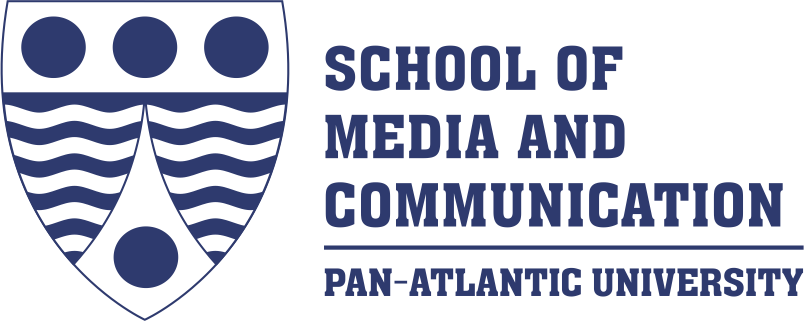Introduction
Government policy or law can dramatically affect your bottom-line with significant negative or positive impact anywhere in the world. Being able to successfully conduct business depends on the laws, policies and regulations in place. Therefore, it is important that every pragmatic and forward looking public or private organization must make itself heard at the appropriate strategic moments through carefully prepared and executed Legislative and Government Relations Strategy. This is why having a well-thought-out, robust, 360-degrees government relations strategy is crucial to enable your organization conduct business and protect its interest on a short-, medium- or long-term basis.
The course will teach skills for dealing with legislative and government relations issues. It will provide glimpses of how bills become laws in the National Assembly and expose the windows that are available to lobby on issues of interest to different groups of people. Techniques of lobbying will be explored in the programme.
Expected Outcomes:
At the end of the course, participants are expected to: ·
- Learn how to engage successfully with the legislative and government arms of the public sector for harmonious relationship
- Show how bills and laws affect businesses and regulators; and how the legislature and the executive relate, as well as the laws and rules they work with and how these affect businesses and organizations.
- Know how to engage better with the various publics of the organization
- Be able to establish principles and linkages between communication and public relations spending and the impact
- Establish action steps in strategic communication planning
- Know how to evaluate the performance of public relations campaigns
- Explore the strategies, features, strengths and best practices of different social media platforms – Facebook, LinkedIn, Twitter, Instagram and others.
- Understand the role social media plays in building image, growth and visibility, and how to build and manage social platforms.
- Establish measurement standards for company activities and programs
- Know best practices for building a government relations program
Likely Topics
- Strategic reasons for building a government relations program
- How to get a government relations program started
- What a government relations program plan should consist of
- Understanding the effects of politics, law and policies on government relations program
- From Bills to Acts of the Parliament
- Strengthening your Government Affairs Team
- Fundamentals of ethical lobbying
- Influencing public opinion and support
- Ethics and government relations program
- Becoming a person of influence with emotional and social intelligence
- The business/ financial/budgetary elements of government relations program
- Media strategy (main stream and social media) for government relations program
- Case studies; role plays; group work and projects
For Whom
Communication and Public Affairs Managers of Ministries and Parastatals, Corporate Communication Officers and Managers of Organizations, Protocol Officers in Organizations and Government Departments, Chiefs of Staff to State Governors and other interested professionals
Duration:
3 days
